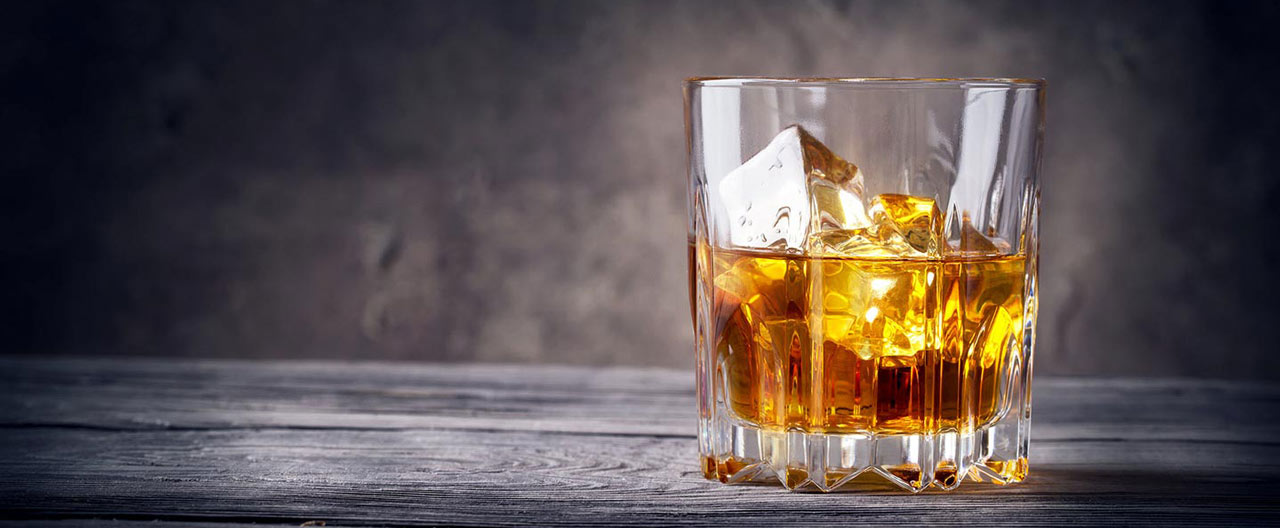- Individuals & Families
- Businesses
- Brokers
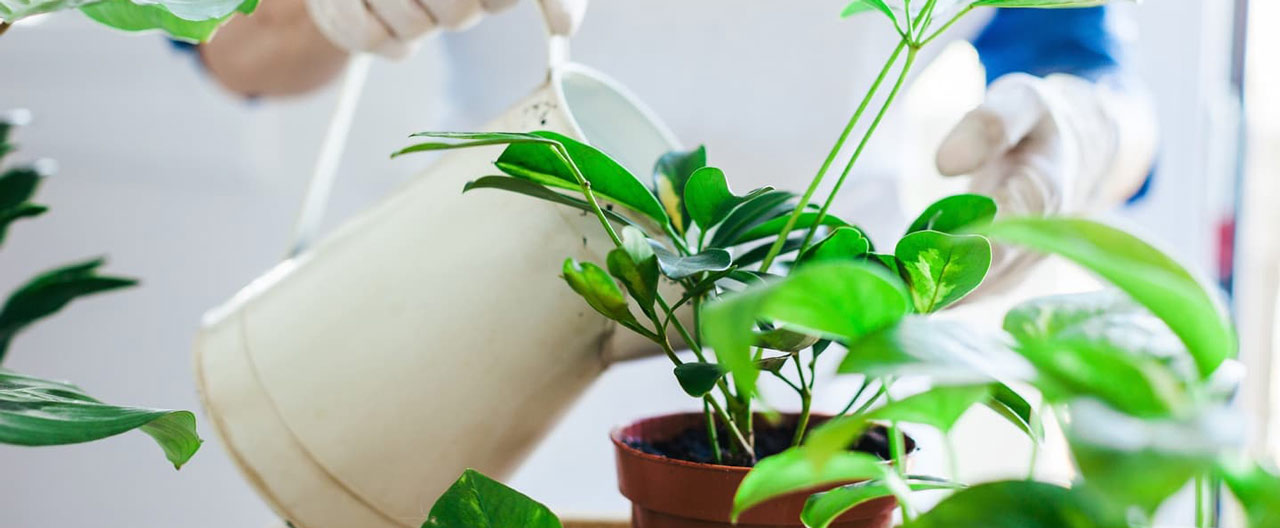
With winter on its way out, you may be ready for some spring cleaning.
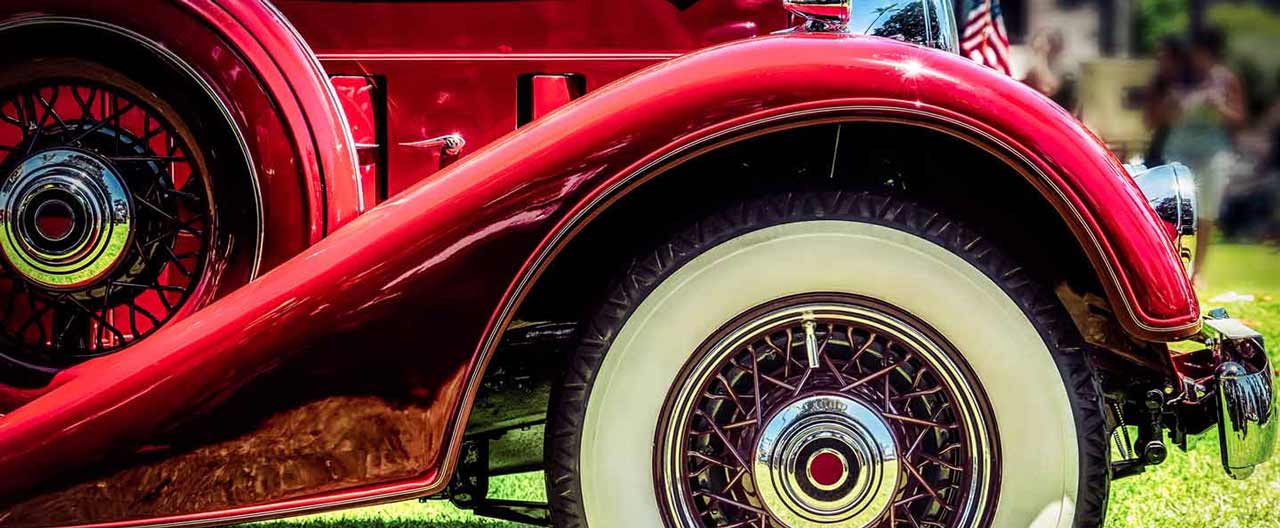
Make sure you protect your classic cars from damage or additional wear and tear.
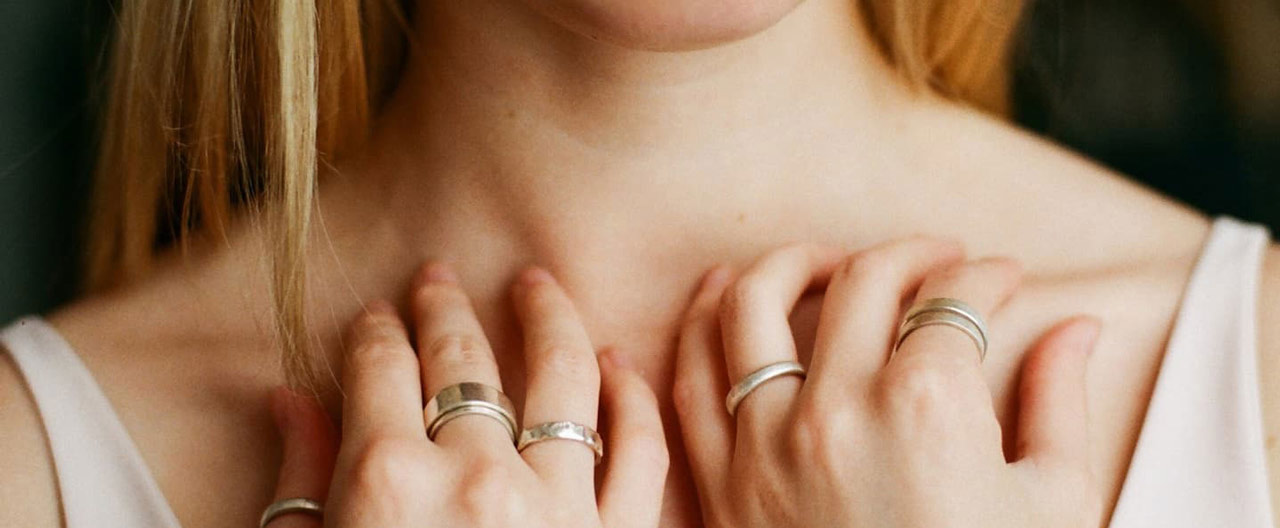
Keep your important papers and small valuables away from burglars, fire or natural disaster.

For over a hundred years, we’ve offered unparalleled stability and protection for small boats, yachts, luxury mega-yachts, and more.

Here are some things you can do to assist firefighters and minimize the damage to your home.

At their worst, disputes between professional service firms and their clients can lead to costly lawsuits.
With the price of rare whisky on the rise, connoisseurs and collectors are turning to scotch (Scottish whisky) and bourbon (Irish or Kentucky whiskey) as the newest liquid investment. While not every bottle will bring record profits—like the 1926 Macallan whisky, sold at Sotheby’s London for $1,873,961 in 2019—collecting whisky can be a fun and potentially profitable endeavor
So, you want to collect whisky. What now?
Whether you simply enjoy a dram of single malt once in a while and want additional variety or are looking to amass an assortment of investment-grade whiskies, below are a few tips for how to start your collection.
Buy what you like.
Whisky is like wine in some respects. If you buy what you like to drink, even if your investment doesn’t pan out, you’ll still be able to enjoy your collection—by drinking it. Since whisky keeps longer than wine and will retain its same flavour over many years, if stored properly, there’s no need to rush into selling or drinking it either.
Then consider buying based on a theme.
Some people will collect whisky from a favorite distillery or a particular area of production, such as Islay. Others concentrate on keepsakes from specific points in history, as liquid souvenirs. Like any type of collectible, having a theme can make your collection more valuable.
Scarcity matters.
There were only forty bottles of the 1926 Macallan Fine & Rare whisky produced. When you can locate a bottle of it (which isn’t often), you could end up paying upwards of a million dollars for it. Like any collectible, whisky that is truly rare will fetch a higher price than those more commonly found on the market. As a collector, you may want to visit distilleries and look for limited editions or search out bottles from “lost” or “silent” distilleries – those that have closed and no longer producing.

Get engaged in the market.
It is important to do your homework before investing in whisky. You can head to duty-free shops, your local liquor shop or join a high-end club that provides exclusive tastings. A growing number of online whisky auctions may also be a good place to do research and start buying.
Understand how to store it properly.
Compared to wine, whisky is easy to store, is more durable, and shouldn’t mature or spoil if handled and stored properly. Display your bottles upright—not on their sides, as the high-strength alcohol can degrade the cork or transfer unpleasant flavors into the liquid. Keep the bottles away from strong sunlight and temperature fluctuations. You may want to store them in their original cartons or cases, to avoid ripping or scuffing the labels, which can preserve the bottle’s value.
Make sure your collection is insured.
While your homeowner’s policy will cover your home and its contents, it wasn’t designed to fully cover your whisky collection. Consider a premium, accidental damage policy that will cover your whisky for damage, spoilage, or loss. The policy should cover your whisky anywhere in the world, whether at home or in transit and have no deductible.
Insights and expertise
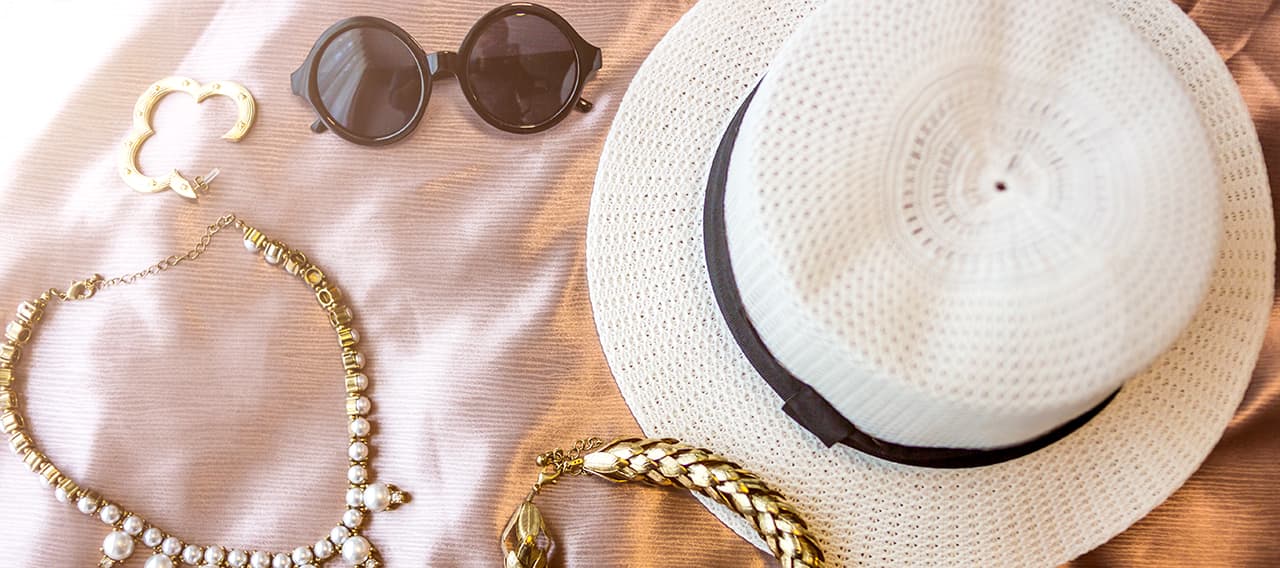
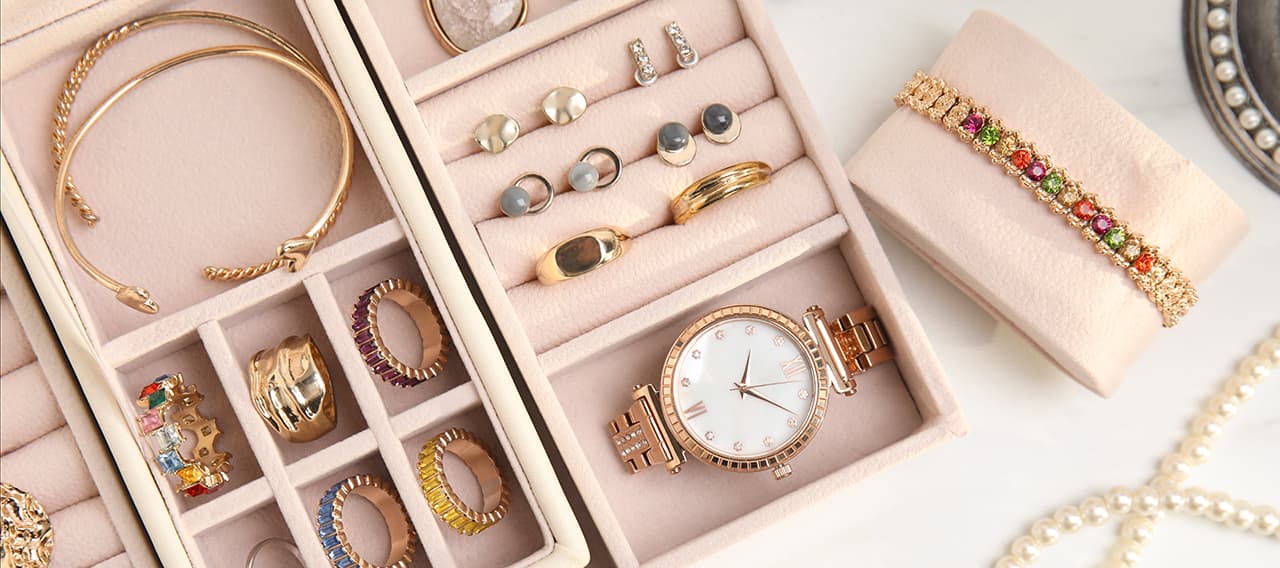
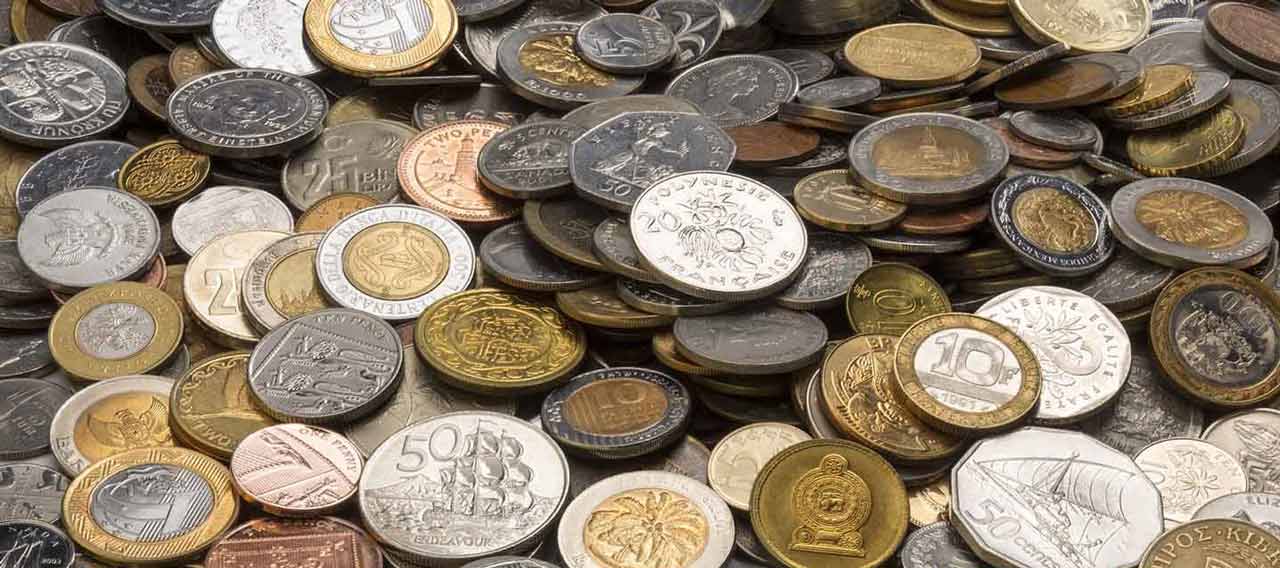
This document is advisory in nature and is offered as a resource to be used together with your professional insurance advisors in maintaining a loss prevention program. It is an overview only, and is not intended as a substitute for consultation with your insurance broker, or for legal, engineering or other professional advice.
Chubb is the marketing name used to refer to subsidiaries of Chubb Limited providing insurance and related services. For a list of these subsidiaries, please visit our website at www.chubb.com. Insurance provided by Chubb Insurance Company of Canada or Chubb Life Insurance Company of Canada (collectively, “Chubb Canada”). All products may not be available in all provinces or territories. This communication contains product summaries only. Coverage is subject to the language of the policies as actually issued.

